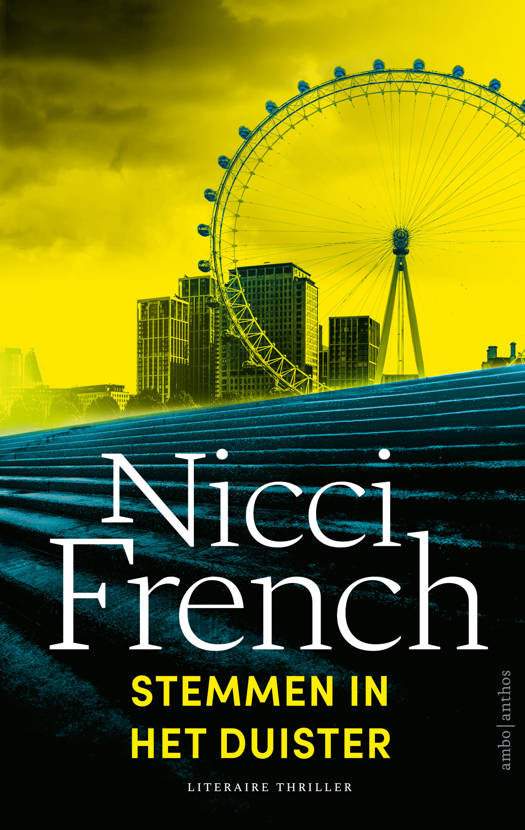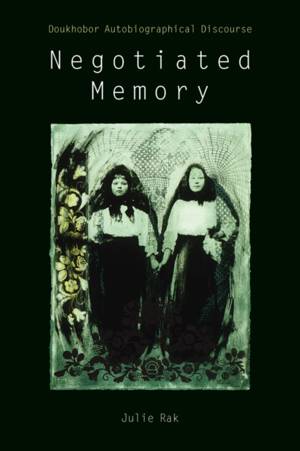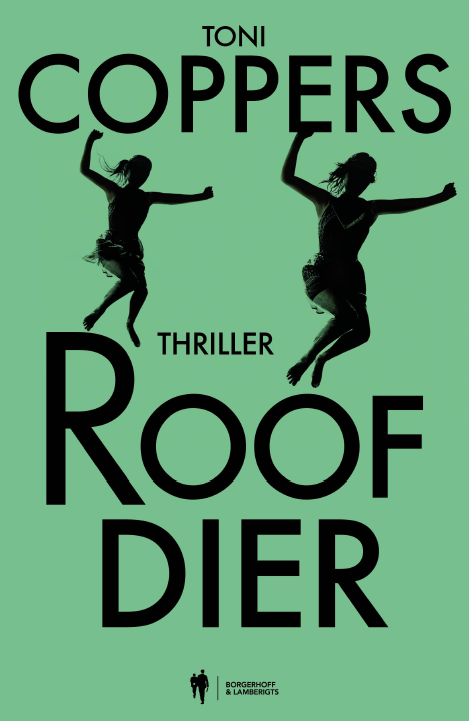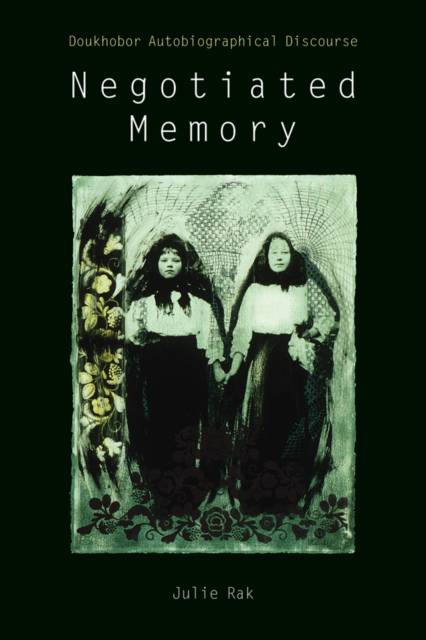
- Afhalen na 1 uur in een winkel met voorraad
- Gratis thuislevering in België vanaf € 30
- Ruim aanbod met 7 miljoen producten
- Afhalen na 1 uur in een winkel met voorraad
- Gratis thuislevering in België vanaf € 30
- Ruim aanbod met 7 miljoen producten
Omschrijving
The Doukhobors, Russian-speaking immigrants who arrived in Canada beginning in 1899, are known primarily to the Canadian public through the sensationalist images of them as nude protestors, anarchists, and religious fanatics - representations largely propagated by government commissions and the Canadian media. In Negotiating Memory, Julie Rak examines the ways in which autobiographical strategies have been employed by the Doukhobors themselves in order to retell and reclaim their own history.
Drawing from oral interviews, court documents, government reports, prison diaries, and media accounts, Rak demonstrates how the Doukhobors employed both "classic" and alternative forms of autobiography to communicate their views about communal living, vegetarianism, activism, and spiritual life, as well as to pass on traditions to successive generations. More than a historical work, this book brings together recent theories concerning subjectivity, autobiography, and identity, and shows how Doukhobor autobiographical discourse forms a series of ongoing negotiations for identity and collective survival that are sometimes successful and sometimes not.
An innovative study, Negotiating Memory will appeal to those interested in autobiography studies as well as to historians, literary critics, and students and scholars of Canadian cultural studies.
Specificaties
Betrokkenen
- Auteur(s):
- Uitgeverij:
Inhoud
- Aantal bladzijden:
- 172
- Taal:
- Engels
Eigenschappen
- Productcode (EAN):
- 9780774810319
- Verschijningsdatum:
- 1/02/2005
- Uitvoering:
- Paperback
- Bestandsformaat:
- Trade paperback (VS)
- Afmetingen:
- 153 mm x 229 mm
- Gewicht:
- 258 g

Alleen bij Standaard Boekhandel
Beoordelingen
We publiceren alleen reviews die voldoen aan de voorwaarden voor reviews. Bekijk onze voorwaarden voor reviews.













